10 Hot Cybersecurity Companies You Should Watch In 2022
Many of the industry’s most successful cybersecurity companies will prioritize integrating major acquisitions, executing on new channel and technology partnerships, and expanding their services capabilities.

Blazing A Trail
Many of the industry‘s most successful cybersecurity companies will prioritize integrating major acquisitions, executing on new channel and technology partnerships, and expanding their services capabilities into new fields within cybersecurity.
All the companies appearing on the list have increased their head count and stock price over the past year and are expected to grow their top-line revenue in the current fiscal year, according to the U.S. Securities and Exchange Commission and LinkedIn. SentinelOne experienced the most growth in top-line revenue and head count, while Appgate had the most success with boosting its stock price.
The coming year will provide Rapid7, SentinelOne and Zscaler with an opportunity to integrate a slew of recent acquisitions; Fortinet and Palo Alto Networks with time to drive sales from an expanded services portfolio; and Appgate and Radware with a chance to deepen their ties to channel and technology partners through new programs and initiatives.
Here’s a look at 10 hot cybersecurity companies solution providers should be watching in 2022.
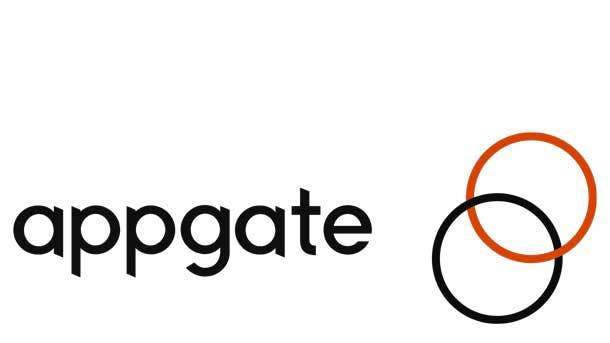
Appgate
Appgate has updated its Software-Defined Perimeter offering to extend frictionless protection to contractors, vendors and other trusted third parties with no clients or plug-ins required. The Miami-based secure access vendor also said it will deliver its Zero Trust Network Access tool as a service to U.S. government entities via Rackspace Government Cloud.
From a go-to-market perspective, Appgate hired Cisco Systems veteran Marc Inderhees to lead the strategy and execution of the company’s new MSP program, which offers technical training, enablement and dedicated technical support. Appgate today enjoys a market cap of $2.5 billion after increasing its stock price by 138 percent since the company went public in October 2021 through a merger with a publicly traded shell company.
Massive investments have fueled a 34 percent increase in year-over-year revenue for Appgate through the first nine months of 2021, with sales surging to $31.4 million. Appgate has also increased its head count by 32 percent over the past year to 408 people, with the most aggressive hiring occurring for the sales and business development teams.
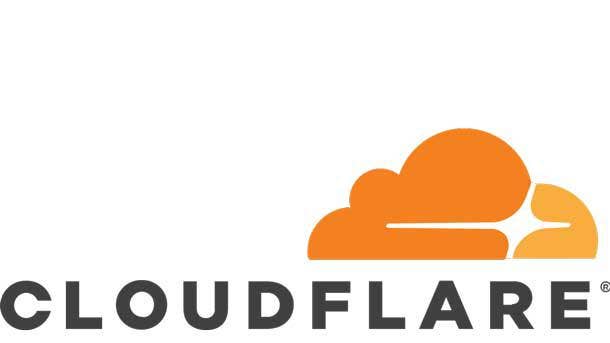
Cloudflare
Cloudflare purchased early stage startup Zaraz to boost website speed and security without sacrificing privacy by reducing the impact of third-party marketing and analytics tools. The company also debuted plans to deploy its equipment directly into over 1,000 of the world’s most populated office complexes and multidwelling units to secure and connect their networks.
The San Francisco-based security and performance services vendor recently began offering zero-trust cybersecurity to the federal government to help agencies modernize their infrastructure. Cloudflare is expected to grow revenue by 50 percent over the course of 2021 to $648 million.
Wall Street likes what it’s seen from Cloudflare in 2021, with the company’s stock price jumping 45 percent over the past year to $105.95 per share on a valuation of $34.09 billion. Cloudflare has leveraged its market traction to boost head count by 29 percent during 2021 to 2,491 people, with its most aggressive hiring coming in the IT and sales arenas.
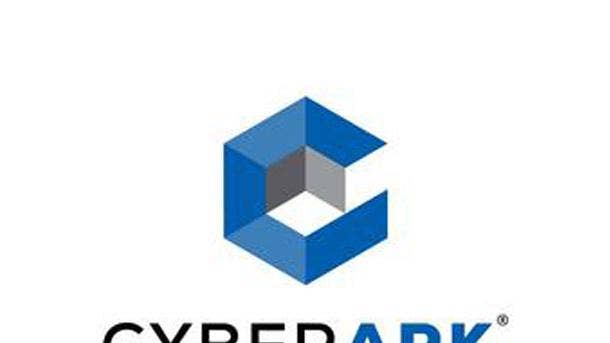
CyberArk
CyberArk has advanced its Identity Security Platform to help secure high-risk access and broaden protection across cloud and hybrid environments. The Newton, Mass.-based identity security vendor’s new Dynamic Privileged Access offering drastically reduces risk of standing access by provisioning just-in-time access to hybrid and cloud workloads, starting with Windows and Linux virtual machines.
CyberArk Secure Web Sessions, meanwhile, adds additional layers of security to high-risk browser-based applications access via continuous monitoring, re-authentication enforcement and isolation of malicious processes originating on user devices. CyberArk has beefed up its staffing, with head count growing by 21 percent to 2,174 people driven by aggressive hiring around engineering and IT.
Wall Street views CyberArk’s strategy favorably, with the company’s stock price jumping by 10 percent over the past year to $159.71 per share on a valuation of $6.35 billion. Product investments have driven new customers to CyberArk, with the company expecting to grow year-over-year revenue by 7 percent in 2021 to $496 million.

Fortinet
Fortinet purchased cloud and network security startup ShieldX for $10.8 million to give customers a more comprehensive view of end users, workstations and OT devices. The company in 2021 debuted FortiOS 7.0 to deliver consistent security for all networks, endpoints and clouds via SASE and zero-trust network access.
The Sunnyvale, Calif.-based platform security vendor also introduced its FortiTrust security services to provide user-based licensing across networks, endpoints and cloud, with a focus on zero-trust network access and identity verification. Wall Street has rewarded Fortinet for its investments, sending the company’s stock price up 119 percent over 2021 to $314 per share on a valuation of $51.34 billion.
The company expects to ride its product innovation to 29 percent annual sales growth in 2021, with revenue surging to an estimated $3.34 billion. Fortinet has also increased its head count by 17 percent over the past year to 9,569 people, with the most aggressive hiring occurring in the sales and IT departments.

Palo Alto Networks
The world’s largest pure-play cybersecurity vendor bought Bridgecrew for $156 million to allow developers to enforce infrastructure security standards throughout the application development life cycle. Once the offering is integrated into Prisma Cloud, developers will be able to spot problems such as an open S3 bucket right in their development environment without having to use CI/CD tools.
The Santa Clara, Calif.-based platform security giant debuted Okyo Garde to deliver security to remote workers’ homes and small businesses, combining hardware, software and security services into a single subscription. Investors have rewarded Palo Alto Networks for its bold moves, sending the company’s stock price up 47 percent over the past year to $532.91 per share on a valuation of $52.58 billion.
Customers are flocking to all of Palo Alto Networks’ new features and capabilities, with sales in the company’s 2022 fiscal year, which ends July 31, expected to surge nearly 27 percent to $5.38 billion. Palo Alto Networks has also expanded size of its workforce by 24 percent over the past year to 11,602 employees, with the most aggressive hiring taking place around support and engineering.
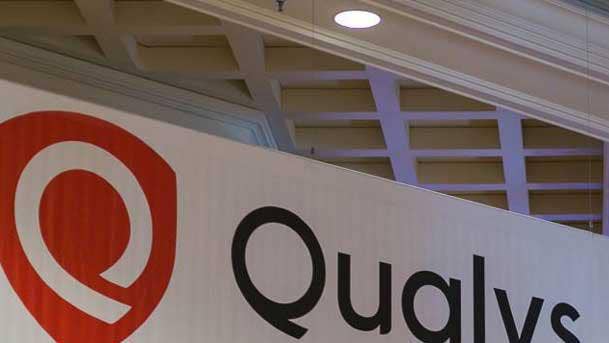
Qualys
Qualys bought cloud workflow management and no-code automation platform TotalCloud for $1.2 million to allow customers to build user-defined workflows for custom policies. It will be part of the Qualys Cloud Platform, which provides a continuous assessment of an organization’s security and compliance posture, along with response capabilities such as threat prioritization and patching,
The company in November added Infrastructure as Code scanning to its CloudView app to get detection and remediation of misconfigurations earlier in the development cycle. The Foster City, Calif.-based cloud security vendor beefed up its head count by 20 percent over the past year to 1,814 people, with the most aggressive hiring taking place in the sales and engineering organizations.
New capabilities have also made Qualys more appealing to customers, with year-over-year sales expected to grow by 13 percent in 2021 to $410 million. Wall Street has rewarded Qualys’ investments by driving the company’s stock price up 6 percent over the past year to $127.14 per share on a valuation of $4.94 billion.
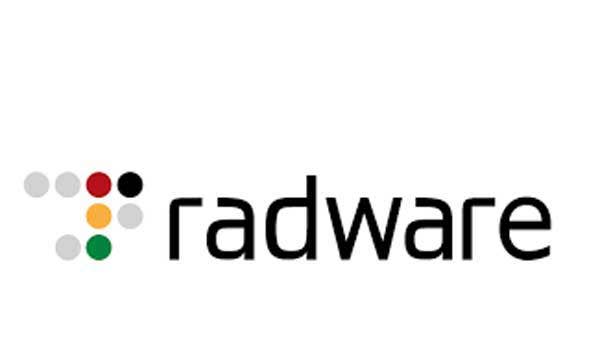
Radware
Radware has upgraded its Cloud DDoS Protection Service capacity to absorb DDoS attacks of up to 8 Tbps in response to more attacks and strong business demand. The Tel Aviv, Israel-based cybersecurity and application delivery vendor also partnered with Involta to deploy Radware’s DDoS Protection Service to meet security requirements across the health-care, manufacturing, and financial services verticals.
Radware was also deployed by Armis to safeguard its Amazon Web Services environment, with the IoT security vendor using Radware to fortify its cloud security posture and identify potential vulnerabilities before they evolve into threats. Wall Street has rewarded Radware’s continued innovation by driving the company’s stock price up 35 percent over the past year on a valuation of $1.7 billion.
These new capabilities have made Radware more appealing to customers, with year-over-year sales expected to grow by 14 percent in 2021 to $285 million. Radware has also increased its head count by 2 percent over the past year to 1,349 people, with the most aggressive hiring occurring in the sales and IT departments.
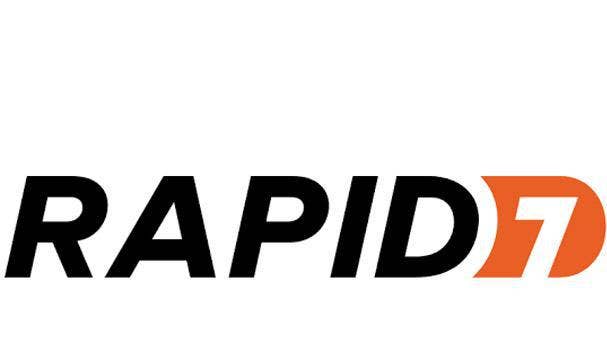
Rapid7
Rapid7 spent $388 million in 2021 on three acquisitions to stay ahead of the competition. The Boston-based company spent $335 million to acquire IntSights and give customers a unified view into threats, attack surface monitoring and proactive threat mitigation. Rapid7 also bought Kubernetes security startup Alcide for $50 million to facilitate the rapid deployment of applications and protect cloud environments.
In addition, the company purchased Velociraptor for $3 million to give digital forensics and incident response professionals a powerful and efficient way to hunt for and monitor malicious activities across endpoints. Customers have been impressed with Rapid7’s new capabilities, driving an expected sales increase of 29 percent in 2021 to $530 million.
Wall Street has been pleased with Rapid7’s vision, sending the company’s stock 27 percent higher over the past year to $108.24 per share on a valuation of $6.11 billion. And Rapid7 has invested in new employees to support all this growth, increasing head count by 21 percent over the past year to 2,449 people, with aggressive hiring coming in the support, engineering and IT functions.
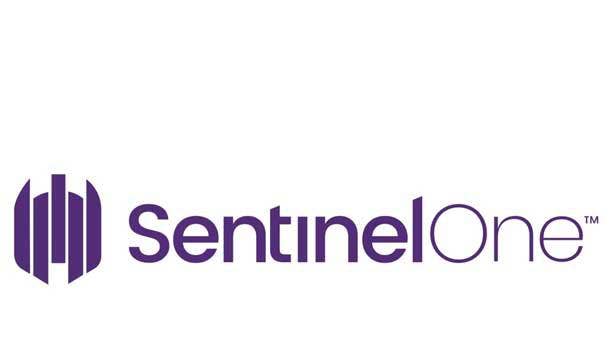
SentinelOne
SentinelOne made the first acquisition in its nine-year history in 2021, scooping up data analytics tech developer Scalyr for $155 million to better ingest, correlate, search and act on data from any source. Buying Scalyr has helped SentinelOne customers ingest massive amounts of machine and application data in real time, allowing them to analyze, query and act with unrivaled speed and cost-effectiveness.
The Mountain View, Calif.-based endpoint security vendor rolled out Singularity Mobile as a new AI-powered mobile security offering delivering autonomous threat protection, detection and response for iOS, Android, and Chrome OS devices. SentinelOne’s offerings have gained traction with the market, with sales in the fiscal year ending Jan. 31, 2022, expected to grow by 114 percent to $200 million.
SentinelOne has increased its head count by 56 percent over last year to 1,140 employees, with the most aggressive hiring taking place on the company’s business development, sales and engineering teams. Wall Street has rewarded SentinelOne for these investments, sending the company’s stock price up by 5 percent thus to $44.69 per share on a valuation of $11.49 billion since going public on June 30, 2021.
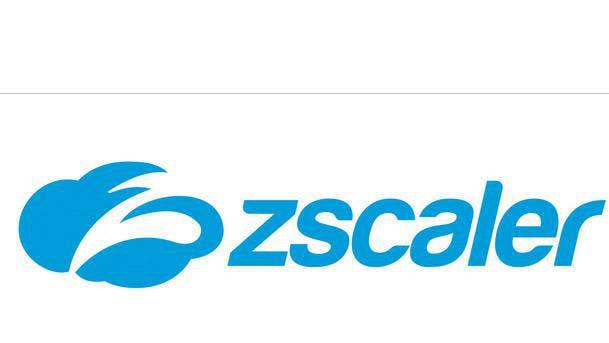
Zscaler
Zscaler broadened its capabilities with a pair of acquisitions, purchasing startup Trustdome for $31.1 million to get control over who and what has access to data, applications and services in public cloud environments. The San Jose, Calif.-based company then bought Smokescreen Technologies for $11.5 million to proactively hunt for emerging adversary tactics and techniques using deception technology.
The company also rolled out Zscaler Workload Communications to shrink attack surfaces, prevent lateral threat movement, inhibit compromise of workloads and stop data loss by extending security to apps and workloads hosted in public clouds. As a result of these investments, Zscaler’s year-over-year revenue for the 2022 fiscal year, which ends June 30, is expected to jump by 56 percent to $1.05 billion.
The dramatic growth has been fueled by Zscaler’s investment in personnel, with the company increasing its head count by 51 percent to 4,032 people driven by robust hiring around support, engineering and IT. Investors have looked favorably at Zscaler’s moves, boosting the company’s stock by 42 percent over the past year to $262.33 per share on a valuation of $36.74 billion.